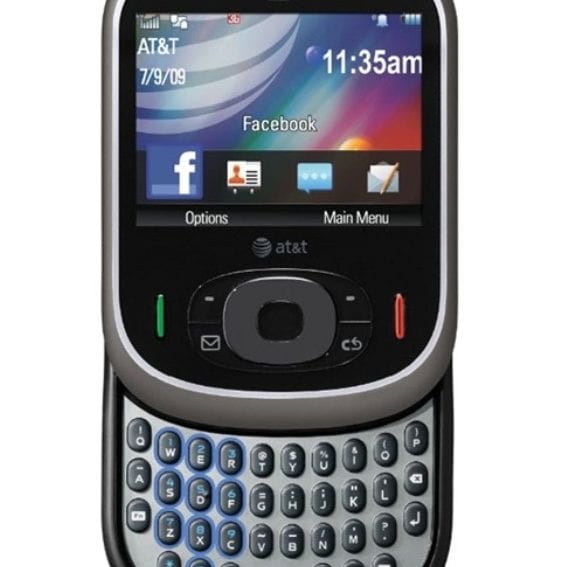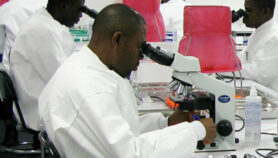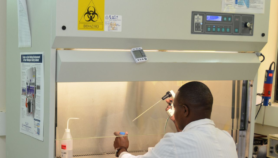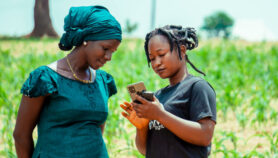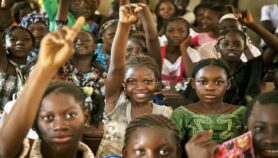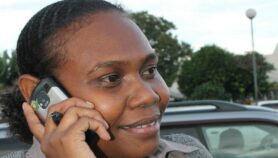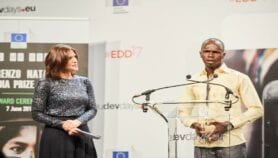By: Calvin Otieno
Send to a friend
The details you provide on this page will not be used to send unsolicited email, and will not be sold to a 3rd party. See privacy policy.
[NAIROBI] Young people in Africa can develop technologies to help tackle challenges such as poverty and disease, and increase socioeconomic development to transform the continent, says an entrepreneur.
Regina Agyare is CEO of the Ghana-based company Soronko Solutions, which works to foster innovators in the fields of science, technology, engineering and mathematics (STEM) amongst rural children by providing supplementary, interactive educational tools via web and mobile learning platforms.
Agyare is one of the twelve African experts named earlier this month (10 June) by the Aspen Institute, a US-based educational and policy studies organisation, as the first cohort of New Voices Fellows. The New Voices Fellowship aims to bring more expert voices from the developing world into global discussions about development.
Soronko Solutions aims to provide affordable technological solutions to small and medium enterprises by creating visibility for their brands or helping them to run their day-to-day activities in a more efficient and innovative way.
It has developed websites, intranets, and an online directory for local businesses, banks, schools and companies. The company is also working on an Android application to help businesses trade online, and websites for local bookshops to help them catalogue their products.
But its work in education could have the biggest impact. "We are building a generation of scientists and technologists from Ghana to have the tools to solve the problems they face every day," Agyare tells SciDev.Net.
She says children following their curriculum will conduct real experiments, and that her company will launch an annual innovation prize early next year.
The company has also developed a phone application to inspire deaf children to integrate with the community. It allows a user to type in a phrase, which an animated monkey then signs in American Sign Language for the deaf community.
Agyare says STEM education in Ghana majors on theory at the expense of practice, a gap her company aims to fill.
Soronko Solutions will launch an apprenticeship program by next year to help students use their STEM skills to create marketable products and services, receive business training, build networks, and link to investors so that participants can not only to implement their innovations but also launch businesses.
It will reach more than 10,000 young people from rural areas of Ghana, giving them STEM-based skills to allow them to innovate and improve their communities' living standards.
The main challenge is finding funds to develop the mobile and web-based applications, and conduct training, but the company is seeking partnerships with corporate organisations and Ghana's Ministry of Environment, Science and Technology, as well as various local technology companies.
Nicholas Karugu, an information and communications technology and technical manager at Kenya's Indigo Telecom, says technology enables social interaction and helps address social issues such as poverty and unemployment.
But he adds that social networks have ignored the disadvantaged, such as the deaf, giving the example that "they have not developed a mechanism for the deaf to understand sounds being played on videos," he says.
This article has been produced by SciDev.Net's Sub-Saharan Africa desk.


